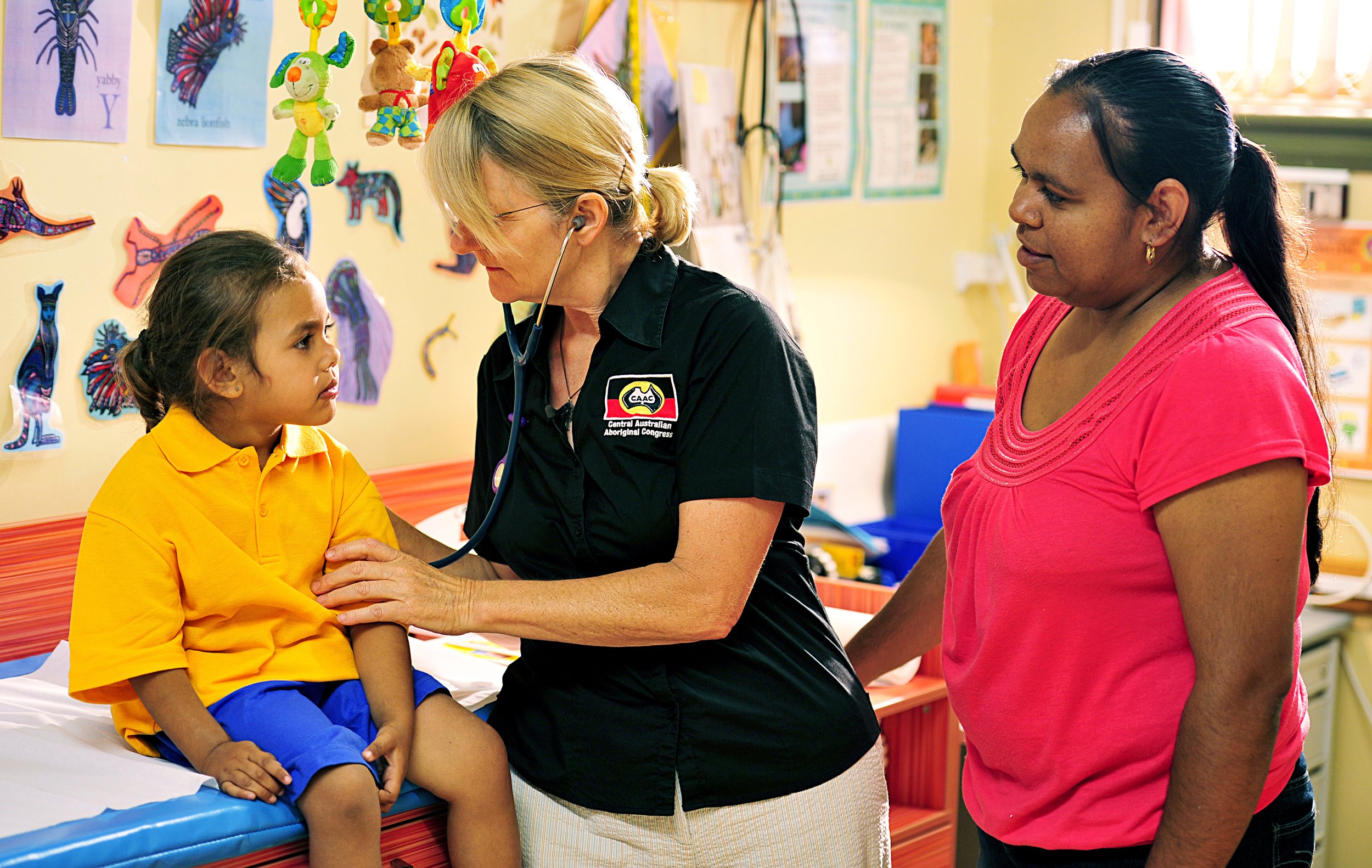Blueprint for the future: Evaluation of NACCHO’s role under the enhanced syphilis response
Summary
Equity Economics has undertaken an evaluation assessing the effectiveness and efficiency of activities undertaken by the National Aboriginal Community Controlled Health Organisation (NACCHO) under the Enhanced Syphilis Response (ESR).
The ESR was established in 2017 to tackle an outbreak of infectious syphilis affecting Aboriginal and Torres Strait Islander people, predominately aged between 15 and 29 years, in northern, central, western and southern Australia. The tragedy of syphilis is that, while it can have very serious consequences for people’s health and wellbeing, it is relatively easy to diagnose and treat with antibiotics in circumstances where individuals and communities are empowered and able to access quality comprehensive health care.
Findings
The evaluation found NACCHO, working closely with Aboriginal Community Controlled Health Organisations (ACCHOs) and other ESR partners, has developed a highly successful blueprint for the design of future Aboriginal and Torres Strait Islander health and wellbeing initiatives:
The ESR effectively increased rates of testing and treatment for syphilis across outbreak regions because it was built on the strength of the Aboriginal Community Controlled Health Sector and its relationship with communities.
NACCHO has played a highly effective leadership role through from initial policy development to providing practical on-ground support to ACCHOs.
NACCHO fostered crucial relationships across partners including the Australian Government Department of Health. These have gone on to be essential for managing the COVID-19 pandemic and its potential impact on Aboriginal and Torres Strait Islander communities.
The ESR has supported Aboriginal and Torres Strait Islander Health Workers and other champions tailor efforts to what they know will work for their communities. This approach has created a strong network of people with the confidence, skills, cultural and local knowledge to increase rates of testing and treatment and have broader sexual health discussions.
There is an opportunity to expand the ESR into a national program and use it as a blueprint to improve testing and treatment of other sexually transmitted infections (STIs), blood borne viruses (BBVs) and communicable diseases across Aboriginal and Torres Strait Islander communities.
Read the full report



